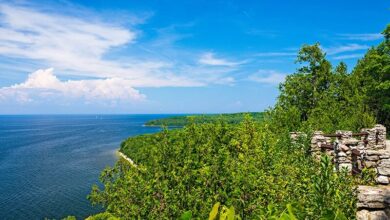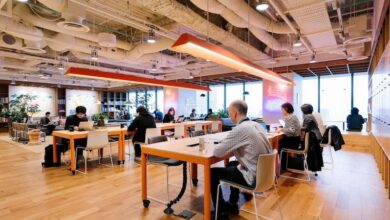Exploring the Beauty of Lodi: A Traveler’s Guide
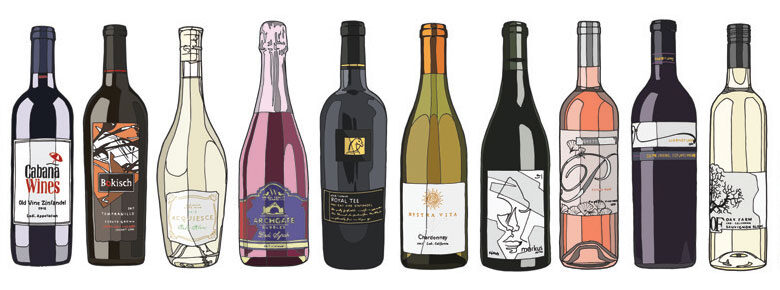
Lodi is a city located in northern California, United States. It is situated in San Joaquin County and is part of the Stockton-Lodi Metropolitan Area. Lodi has a population of around 68,000 people and covers an area of approximately 13 square miles.
Lodi is known for its wine production, particularly for its Zinfandel grapes. The region has a Mediterranean climate with warm, dry summers and mild winters, making it an ideal location for grape cultivation. Lodi is also home to several wineries, tasting rooms, and vineyards, which attract many visitors each year.
In addition to its wine industry, Lodi has a rich history and culture. The city has several museums and historical landmarks, including the San Joaquin County Historical Society and Museum, the Hill House Museum, and the Lodi Arch. Lodi is also home to several parks and recreational areas, including Lodi Lake Park and the Micke Grove Regional Park and Zoo.
History of Lodi
Lodi was founded in 1869 by settlers who came to the area in search of fertile land for agriculture. The city was named after the Italian city of Lodi, which was the site of a famous battle during the Napoleonic Wars. The first post office was established in 1873, and Lodi was officially incorporated as a city in 1906.
During the early years of its history, Lodi was primarily an agricultural community, producing crops such as wheat, grapes, and watermelons. The city became known for its high-quality Zinfandel grapes, which were first planted in the area in the late 1800s. The wine industry in Lodi began to flourish in the early 1900s, and by the 1930s, the region was producing millions of gallons of wine each year.

In the mid-20th century, Lodi experienced significant growth and development. The city’s population increased as more people moved to the area, and new businesses and industries were established. Lodi’s economy became more diverse, with industries such as manufacturing, healthcare, and retail playing an increasingly important role.
Today, Lodi is a thriving city with a rich history and culture. The city has preserved many of its historic buildings and landmarks, including the Lodi Arch, which was built in 1907 to commemorate the city’s incorporation. Lodi’s wine industry remains a major part of the city’s economy and identity, and the region is recognized as one of the premier wine-producing areas in California.
Wine Industry in Lodi
Lodi is known for its thriving wine industry, which has been an important part of the city’s economy and culture for over a century. The region is recognized as one of the premier wine-producing areas in California, with a diverse range of grape varieties and winemaking styles.
One of the most important grapes grown in Lodi is Zinfandel, which has a long history in the region. The Zinfandel vines in Lodi are some of the oldest in the state, with some dating back over 100 years. The warm, Mediterranean climate and fertile soil in Lodi are well-suited for grape cultivation, and the region produces a range of high-quality wines, including Zinfandel, Cabernet Sauvignon, Chardonnay, and many others.
Lodi is also known for its commitment to sustainable and environmentally-friendly winemaking practices. Many of the wineries in the region are certified by organizations such as the Lodi Rules for Sustainable Winegrowing program, which promotes sustainable farming practices and responsible land stewardship.
In addition to its wineries and vineyards, Lodi is home to several wine-related events and festivals throughout the year. The Lodi Wine & Chocolate Weekend, which takes place in February, is a popular event that allows visitors to taste a variety of wines and chocolate pairings from local wineries. The Lodi Grape Festival, held in September, celebrates the region’s rich agricultural heritage with live music, food, and wine tastings.
Overall, the wine industry in Lodi is a significant part of the city’s identity and continues to be a major economic driver for the region.
Attractions and Landmarks in Lodi
Lodi is a city located in northern California that has a rich history and culture. Here are some of the top attractions and landmarks to visit in Lodi:
Lodi Lake: This beautiful lake is a popular spot for fishing, boating, and picnicking. The surrounding park also has hiking and biking trails, playgrounds, and a nature center.
Micke Grove Regional Park: This park features a zoo, Japanese garden, historical museum, and golf course. It’s a great place to spend a day with family and friends.
Downtown Lodi: The charming downtown area of Lodi is full of unique shops, restaurants, and art galleries. It’s a great place to explore on foot and get a taste of the local culture.
World of Wonders Science Museum: This interactive museum is perfect for kids and adults alike. It features hands-on exhibits and educational programs that explore science and technology.
Hutchins Street Square: This community center hosts a variety of events and performances, including concerts, plays, and festivals.
Hill House Museum: This historic home was built in 1901 and now serves as a museum that showcases the history of Lodi and the surrounding area.
Lodi Arch: This iconic archway marks the entrance to downtown Lodi and is a popular spot for taking photos.
Isenberg Crane Reserve: This nature reserve is home to thousands of sandhill cranes and other migratory birds. It’s a great place to go birdwatching and take in the natural beauty of the area.
Annual Events and Festivals in Lodi
Lodi is home to a variety of annual events and festivals that celebrate the city’s culture, history, and community. Here are some of the top events and festivals to look out for in Lodi:
Lodi Wine and Chocolate Weekend: Held in February, this popular event allows visitors to sample wines from local wineries paired with chocolate treats.
ZinFest Wine Festival: This festival, held in May, celebrates the region’s signature wine, Zinfandel. It features tastings, food pairings, live music, and more.
Lodi Street Faire: Held twice a year in May and October, this large street fair features hundreds of vendors selling everything from crafts to food. It’s a great place to find unique gifts and souvenirs.
Lodi Farmers Market: Open from May through October, this farmers market features locally grown produce, artisanal goods, and live music.
Grape Festival: Held in September, this festival celebrates the region’s agricultural heritage with carnival rides, live music, grape stomping contests, and more.
Christmas Parade and Wine Stroll: Held in December, this festive event features a holiday parade, wine tasting, and visits with Santa Claus.
Art in Public Places: Throughout the year, Lodi’s Art in Public Places program showcases artwork by local artists in public spaces throughout the city.
These events and festivals are just a few of the many ways to experience the vibrant culture and community of Lodi.
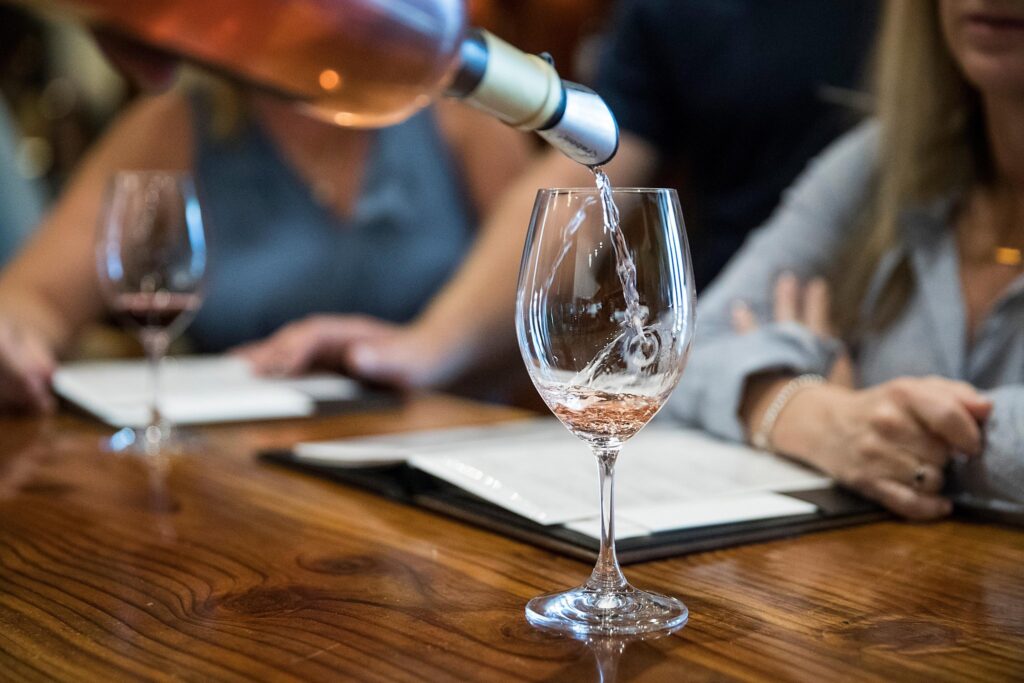
Education and Economy in Lodi
Education and economy are two important factors that contribute to the growth and development of a city. Here is some information about education and economy in Lodi:
Education:
Lodi has several public and private schools, including elementary, middle, and high schools. The Lodi Unified School District serves the city and has a total of 47 schools. In addition, there are several higher education institutions in and around Lodi, including San Joaquin Delta College, University of the Pacific, and California State University, Stanislaus.
Economy:
Lodi’s economy is primarily driven by agriculture and related industries. The city is known for its vineyards and wineries, and the wine industry plays a significant role in the local economy. In addition to wine, other important industries in Lodi include manufacturing, healthcare, and retail.
Some of the top employers in Lodi include the Lodi Unified School District, Lodi Memorial Hospital, Blue Shield of California, and General Mills. The unemployment rate in Lodi is slightly lower than the national average, and the median household income is above the national average.
Lodi has also seen growth in recent years in the technology and logistics sectors, with several companies establishing operations in the area. This diversification of industries has helped to strengthen the local economy and create more job opportunities for residents.
Overall, Lodi’s education system and diverse economy make it an attractive place to live, work, and raise a family.
Local Government and Services in Lodi
Local government and services are essential components of a thriving community. Here is some information about local government and services in Lodi:
Local Government:
Lodi has a City Council form of government, with a mayor and four council members elected to represent the city’s five districts. The City Council is responsible for setting policies and making decisions on behalf of the city, while the City Manager oversees day-to-day operations.
Lodi also has a number of advisory commissions, including the Planning Commission, Parks and Recreation Commission, and Cultural Heritage Board. These commissions provide input and guidance on various issues affecting the community.
Local Services:
Lodi provides a variety of services to its residents, including police and fire protection, water and wastewater management, and public works. The city’s Police Department has a Community Policing Unit that works to build relationships between law enforcement and the community.
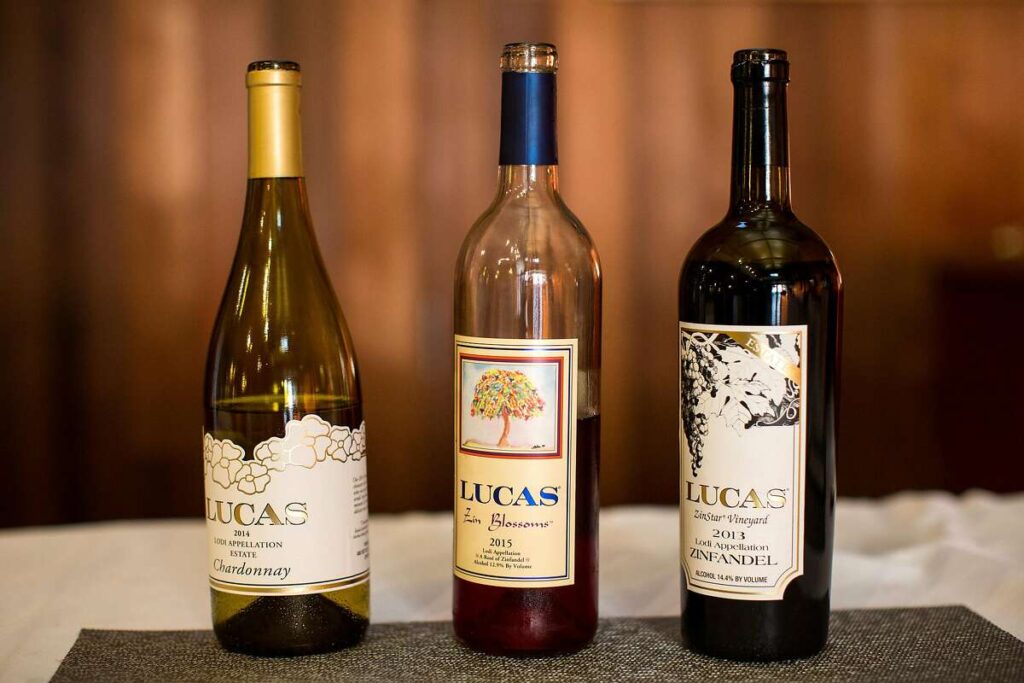
Lodi also has several parks and recreational facilities, including Lodi Lake Park, which offers boating, fishing, and hiking. The city’s Parks and Recreation Department offers a variety of programs and activities for residents of all ages, including sports leagues, fitness classes, and summer camps.
The Lodi Public Library offers a wide range of services, including books, e-books, audiobooks, and educational programs for all ages. The library also has a robust online presence, with access to digital resources, databases, and e-learning platforms.
In addition to these services, Lodi has a number of community organizations and nonprofits that work to address social and economic issues affecting the community. These organizations provide a variety of services, including food assistance, affordable housing, and job training.
Overall, Lodi’s local government and services are designed to meet the needs of its residents and create a safe and vibrant community for all.
Conclusion
Lodi is a diverse and vibrant city with a strong focus on agriculture and the wine industry. The city’s economy has seen growth in recent years, with the emergence of new industries such as technology and logistics. The local government and services in Lodi are designed to meet the needs of its residents, providing essential services such as police and fire protection, water and wastewater management, and public works. The city also has a strong focus on education, with several public and private schools, as well as higher education institutions. Lodi is home to several annual events and festivals that celebrate its culture and community, making it an attractive place to live, work, and visit.


